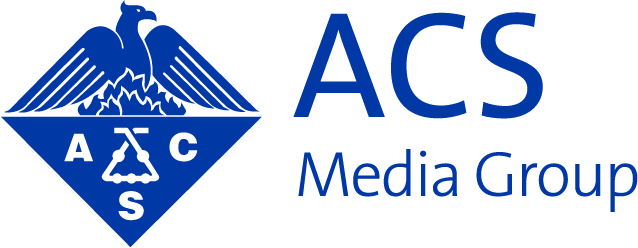Updated 4/8/2024
Ad spending in the digital advertising market is projected to reach $298.4 billion in 2024. Nearly every company — including those in the science industry — continues to invest more of its marketing dollars in digital media. Using vehicles such as social media, search engine marketing and sponsored online content, brands have the opportunity to immediately engage with their audiences on a personal and targeted level. And, with powerful reporting metrics a few clicks away, digital channels also offer science marketers clear and concrete markers of success: you can discern which messages resonated most clearly with your scientific audience, and make quick tweaks to boost impact.
However, the extensive array of digital marketing platforms available today is exactly why it’s so important to develop a solid strategy before embarking on a campaign. Without a coordinated and focused effort, your message may become diluted or lose power before driving scientists to action.
Here’s how to build an effective plan that sets up your science-driven digital campaign for success.
Step 1: Focus Your Message and Strategy
A carefully planned digital marketing strategy begins the same way as any other marketing plan: with a consistent and well-defined message. Before buying mobile ads or composing your first tweet, ask yourself the following questions:
- What is end goal of my digital campaign?
- What message am I seeking to convey to scientists?
- Why will my science audience care?
- What incentives will prompt target consumers to click on my ad?
- When a potential customer clicks on the link, where will they land?
Devote careful thought to these questions, ensuring that your integrated campaign is successful at every touch point. During this planning phase, it’s vital to take note of your competition. Research your competitors’ marketing strategies to pinpoint areas in which you can effectively differentiate your product. Now is also the time to consider what happens after someone clicks on your ad. Sending a prospect to your home page isn’t nearly as effective as serving up a customized landing page with messaging that ties into the ad’s call to action.
Step 2: Choose Your Vehicles
To decide which channels will work best with your campaign, go back to the core goals of your marketing efforts. Are you trying to raise brand awareness? If so, display ads or mobile marketing could be a good fit. Is your objective to inform your audience, or paint yourself as a thought leader for a particular scientific niche or area of specialty? Then perhaps a webinar would be most effective. Here’s a handful of digital marketing platforms and their strengths:
- Rich Media: Create an engaging and memorable experience through interactive multimedia the combines text, audio, video, animation or other types of content
- Webinars or Content Marketing: Educate your audience and portray yourself as an expert in your field
- Social Media: Engage with your audience or add personality depth to your company
- Display or Mobile Ads: Build brand awareness and draw consumers to your website
- Pay-Per-Click (PPC): Advertise a specific product or offer
- Search Engine Optimization (SEO): Increase your online visibility on search engines and gain more site visits
- Email Marketing: Connect directly with your audience on a personal level
The key is to choose the combination of marketing platforms that best accomplishes the task at hand. And most importantly, always place a special emphasis on the platforms where your scientific audience is most active.
Step 3: Refine and Conquer
The biggest advantage of digital marketing is your ability to measure results (and hopefully, success). Nonetheless, the endless metrics and data that digital marketing offers are only as valuable as the refinements you implement.
The endless metrics and data that digital marketing offers are only as valuable as the refinements you implement.
Track your progress often so you’re constantly in tune with what’s working. Often times, the difference between failure and success might only be small tweaks to your messaging or strategy. As scientific audiences consume more and more of their information through digital sources, it’s critical to have a well-developed plan for marketing in this arena.
Science Marketing on the Web
We want to hear from you: Will you be increasing your digital marketing budget in 2024? What platforms are you most interested in pursuing? Share your insights in the comments section.


















